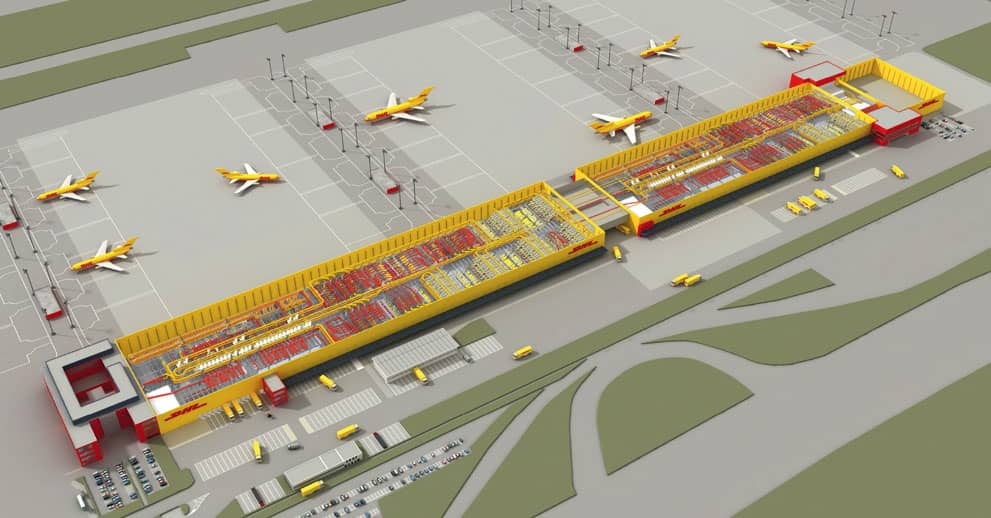
In the heart of Southeast Asia, Cambodia's tourism sector is undergoing a digital revolution. From bustling cities to ancient temples, emerging technology is reshaping how travellers experience this vibrant country. As guest expectations evolve and competition intensifies, digital transformation has become a non-negotiable for businesses seeking to thrive in this dynamic landscape. Let’s explore how hotels, tour operators, and attractions can harness the power of technology to create enhanced experiences for their guests.
1. Personalisation at your fingertips
In today's hyper-connected world, travellers crave personalised experiences tailored to their preferences. Mobile apps have emerged as a powerful tool for hotels and tour operators, allowing guests to access a wealth of information, make reservations, and even customise their itineraries. Digital concierge services further elevate the guest experience, providing instant assistance and recommendations based on individual interests. Imagine exploring the awe-inspiring Angkor Wat complex with a virtual tour guide on your smartphone, uncovering hidden details and historical context at your own pace. Such innovations empower travellers to make the most of their journey, while creating lasting memories.
2. Streamlining operations for seamless experiences
Behind the scenes, technology is streamlining operations for hotels and tourism businesses, freeing up valuable time and resources to focus on delivering exceptional guest experiences. Property management systems (PMS) have become indispensable for managing reservations, room inventory, and guest profiles, ensuring smooth check-ins and check-outs. Hospitality management software further optimises various aspects of hotel operations, from housekeeping and maintenance to revenue management. By automating repetitive tasks and improving communication among staff, these tools enhance efficiency and ultimately contribute to a more seamless guest journey.
3. Data-driven insights for informed decision-making
In the digital age, data is king. By analysing guest preferences, booking patterns, and feedback, hotels and tourism businesses gain valuable insights to make informed decisions and drive growth. Data-driven marketing campaigns enable targeted outreach, enticing travellers with personalised offers and promotions. Revenue management tools help optimise pricing strategies, maximising occupancy rates and profitability. Additionally, demand forecasting allows businesses to anticipate fluctuations in demand and adjust their offerings accordingly, ensuring they are well-prepared to meet the needs of their guests.
4. Emerging technologies: A glimpse into the future
The future of tourism is being shaped by a wave of emerging technologies, with artificial intelligence (AI), augmented reality (AR), and the Internet of Things (IoT) at the forefront. AI-powered chatbots provide instant customer support, while AR enriches guest experiences with interactive overlays and virtual information. IoT devices enable seamless connectivity, from smart room controls to real-time updates on attractions. By embracing these cutting-edge innovations, tourism businesses in Cambodia can stay ahead of the curve and create truly immersive experiences that captivate and delight their guests.










































